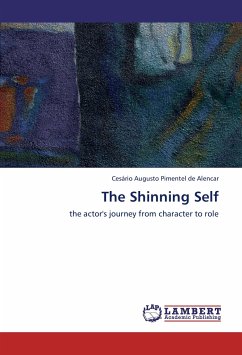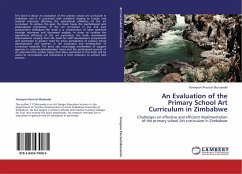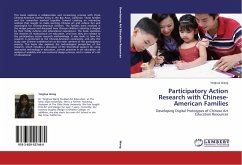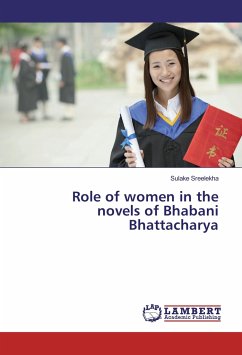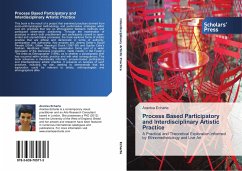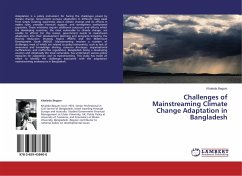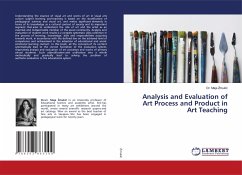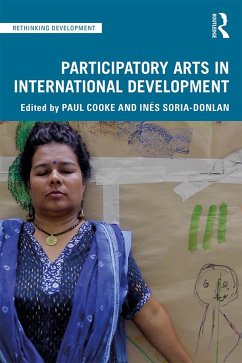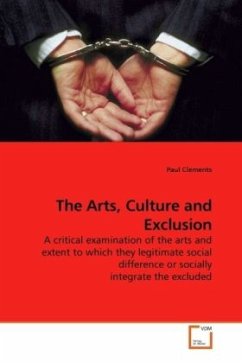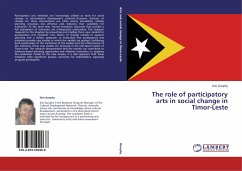
The role of participatory arts in social change in Timor-Leste
Versandkostenfrei!
Versandfertig in 6-10 Tagen
30,99 €
inkl. MwSt.

PAYBACK Punkte
15 °P sammeln!
Participatory arts initiatives are increasingly utilised as tools for social change in international development contexts. However, theories of change for these interventions are often poorly articulated, making planning processes less effective and reducing their suitability for evaluation. At the same time, formal evaluation processes that provide a full assessment of outcomes are infrequently undertaken. This research responds to this situation by presenting and trialling three new models for participatory arts initiatives: two theory of change models to support planning and a holistic appr...
Participatory arts initiatives are increasingly utilised as tools for social change in international development contexts. However, theories of change for these interventions are often poorly articulated, making planning processes less effective and reducing their suitability for evaluation. At the same time, formal evaluation processes that provide a full assessment of outcomes are infrequently undertaken. This research responds to this situation by presenting and trialling three new models for participatory arts initiatives: two theory of change models to support planning and a holistic approach to evaluation. Five participatory arts initiatives provide case studies to which the models are applied, facilitating both examination of the usefulness of the models and the effectiveness of the initiatives. These case studies are all based in the half-island nation of Timor-Leste. The research demonstrates that the models can contribute to evidence-based planning approaches and effective evaluation. In applying the evaluation model to the case studies, it is also apparent that these initiatives offer significant positive outcomes for stakeholders, especially program participants



